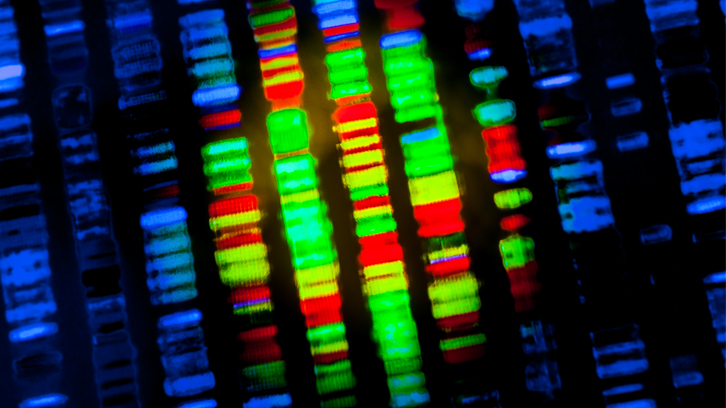Possible MDM2 and TP53 genes involvement in the risk of Developing Therapy-Related Myeloid Neoplasms

One of the most severe complications after successful cancer therapy is the development of therapy-related tumors. Their incidence has risen dramatically over the last few years, as both the number of patients receiving chemo/radiotherapy and the population of long-term cancer survivors have increased. Therapy-related myeloid neoplasms (t-MN) constitute the most frequent secondary tumors. Epidemiological data suggest that up to 20% of patients treated for a primary cancer develop t-MN, with latency periods between diagnosis of the primary disease and occurrence of t-MN ranging between several months to several years. Patients with t-MN are resistant to conventional treatment and are considered to have an inferior outcome compared with de novo MN. It is widely assumed that constitutional genetic variation is likely to impact on t-MN risk. Studying the heritable predisposition to t-MN is of paramount importance, since the identification of patients prone to develop it would enable planning treatment protocols designed to minimize risk. According to the literature, it seems that p53 pathway genetic variants might be related to a higher risk of t-MN; however, these studies need further replication and extension with functional approaches. Interestingly, the p53 protein, when upregulated after genotoxic stress caused by anticancer therapy, for example, induces pathways that ultimately lead to either cell cycle arrest and DNA damage repair or programmed cell death (apoptosis).
In the present study, our group (Unit of Biological Anthropology, Faculty of Biosciences, UAB) evaluated if genetic variants (polymorphisms) in two genes of the p53 pathway (TP53 and MDM2) can be related to t-MN susceptibility. First, an association study was carried out and it revealed that Pro variant at the TP53 polymorphism and G variant at the MDM2 polymorphism were associated with higher t-MN risk, compared to Arg variant and T variant, respectively. It is well known that these variants are less efficient at inducing apoptosis, whereas they are more potent inductors of cell cycle arrest and DNA repair. Second, to evaluate the biological effect of these genetic variants, we established two cell lines expressing the variants of TP53 gene (Arg or Pro). p53Pro cells presented lower DNA damage and lower apoptotic potential than p53Arg cells, after treatment with chemotherapy agents. Moreover, only p53Pro cells presented after a long-term culture the t(15;17) translocation and del(5q) deletion, which are chromosomal abnormalities characteristic of t-MN.
Taking into account our results, we suggest that failure to repair DNA lesions in p53Arg cells would lead them to apoptosis, whereas some p53Pro cells, prone to cell cycle arrest and DNA repair, could undergo misrepair, generating chromosomal abnormalities typical of t-MN. The figure shows a model of possible mechanisms underlying differences in t-MN risk in patients treated with the same doses of chemotherapy and/or radiation according to the ability of individuals to undergo apoptosis or to repair DNA lesions more or less efficiently related to the TP53 genetic variants.
Department of Animal Biology, Plant Biology and Ecology
Universitat Autònoma de Barcelona
References
Cabezas M, García-Quevedo L, Alonso C, Manubens M, Álvarez Y, Barquinero JF, Ramón Y Cajal S, Ortega M, Blanco A, Caballín MR, Armengol G. (2019). Polymorphisms in MDM2 and TP53 Genes and Risk of Developing Therapy-Related Myeloid Neoplasms. Sci Rep, 17;9(1):150. DOI: 10.1038/s41598-018-36931-x.


